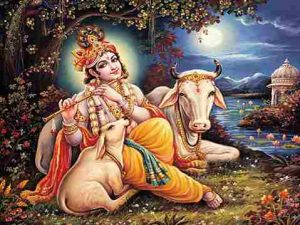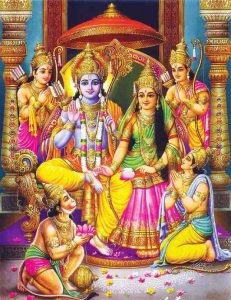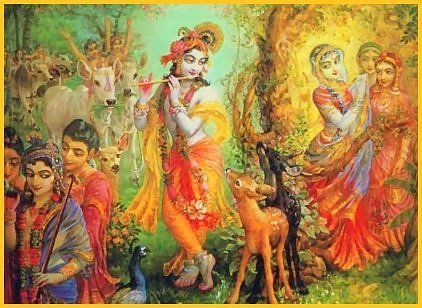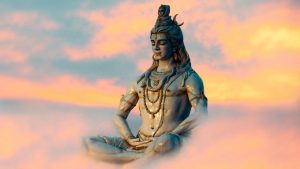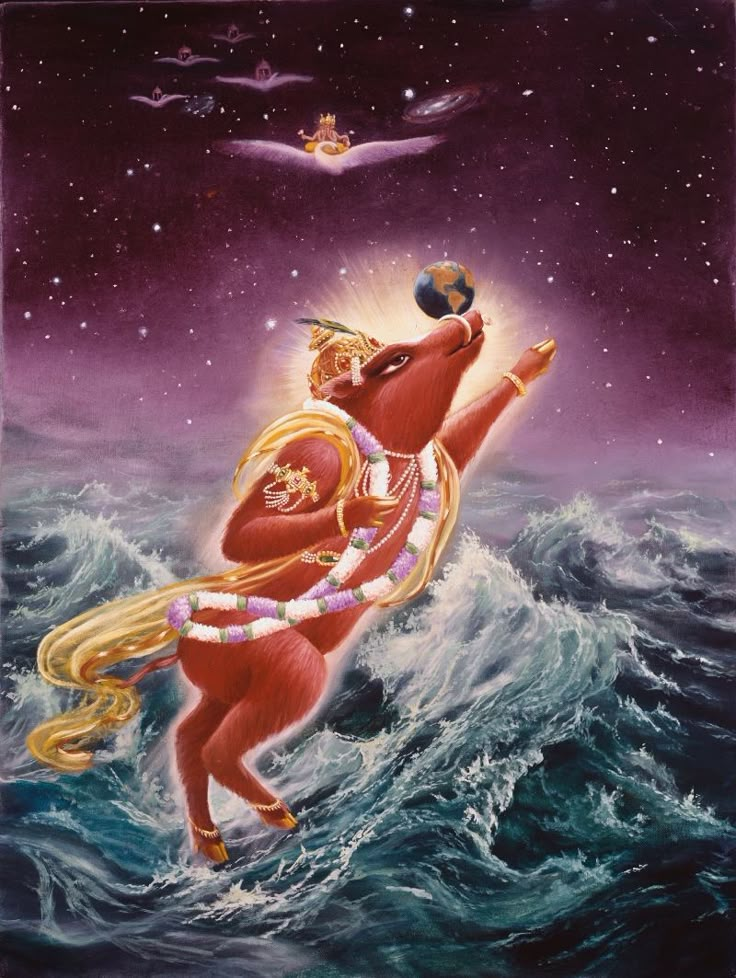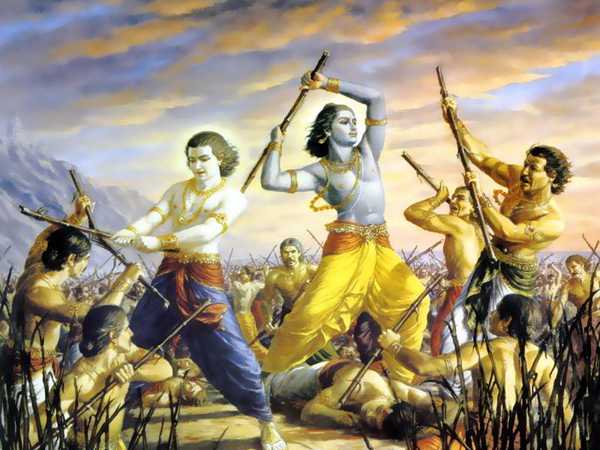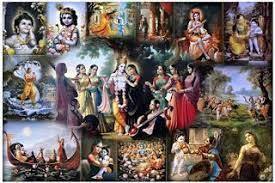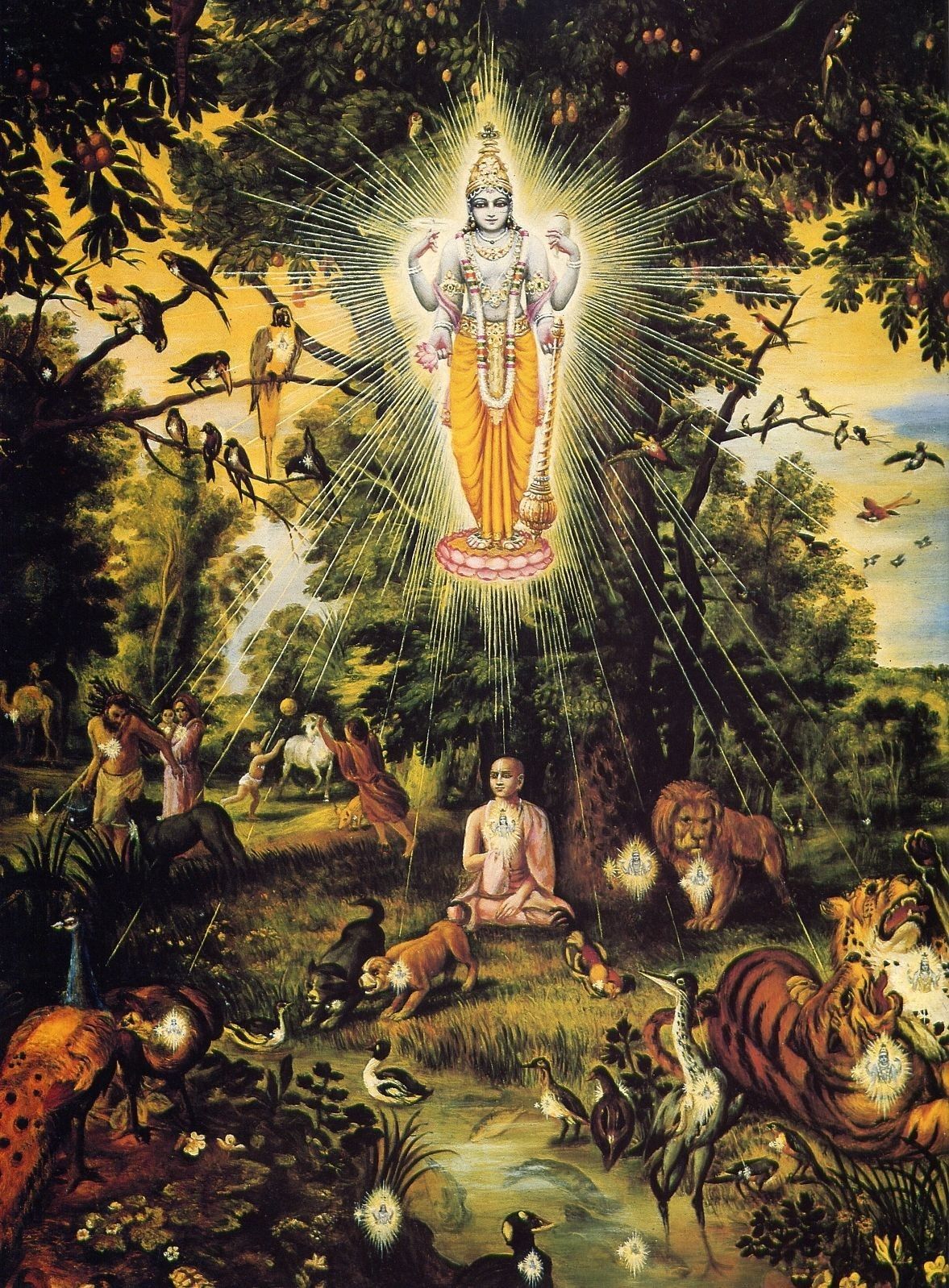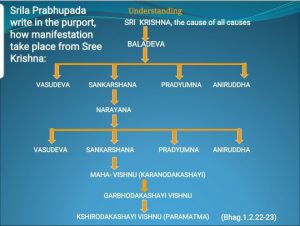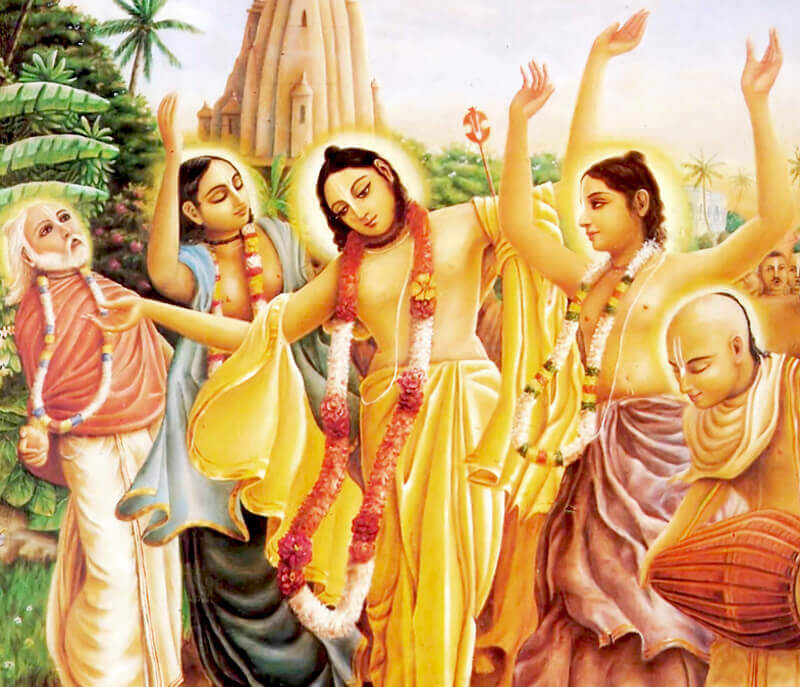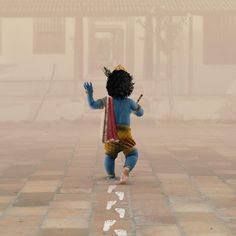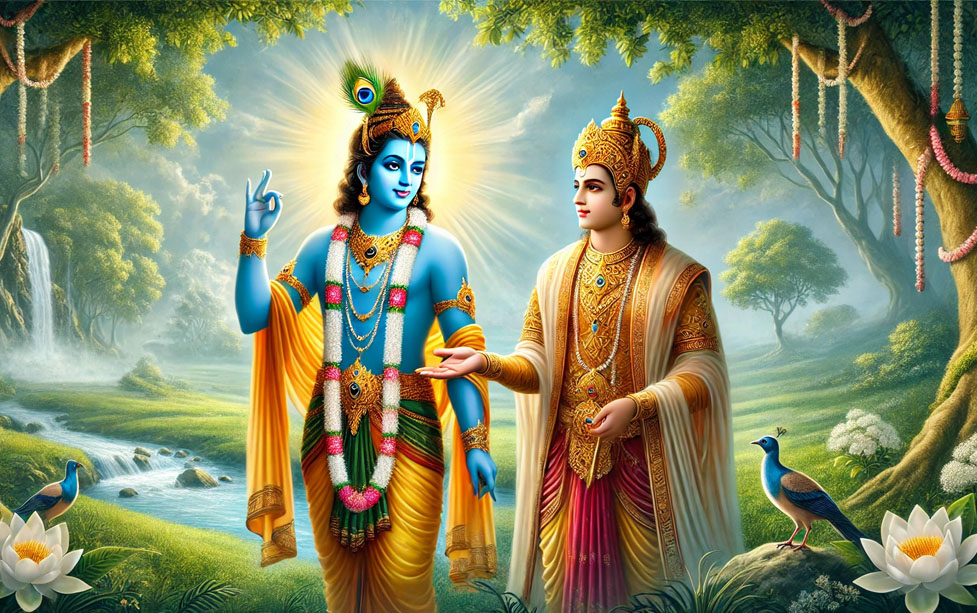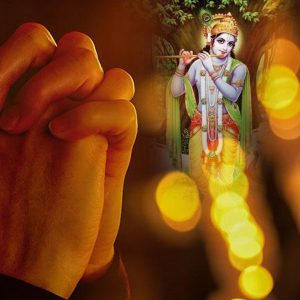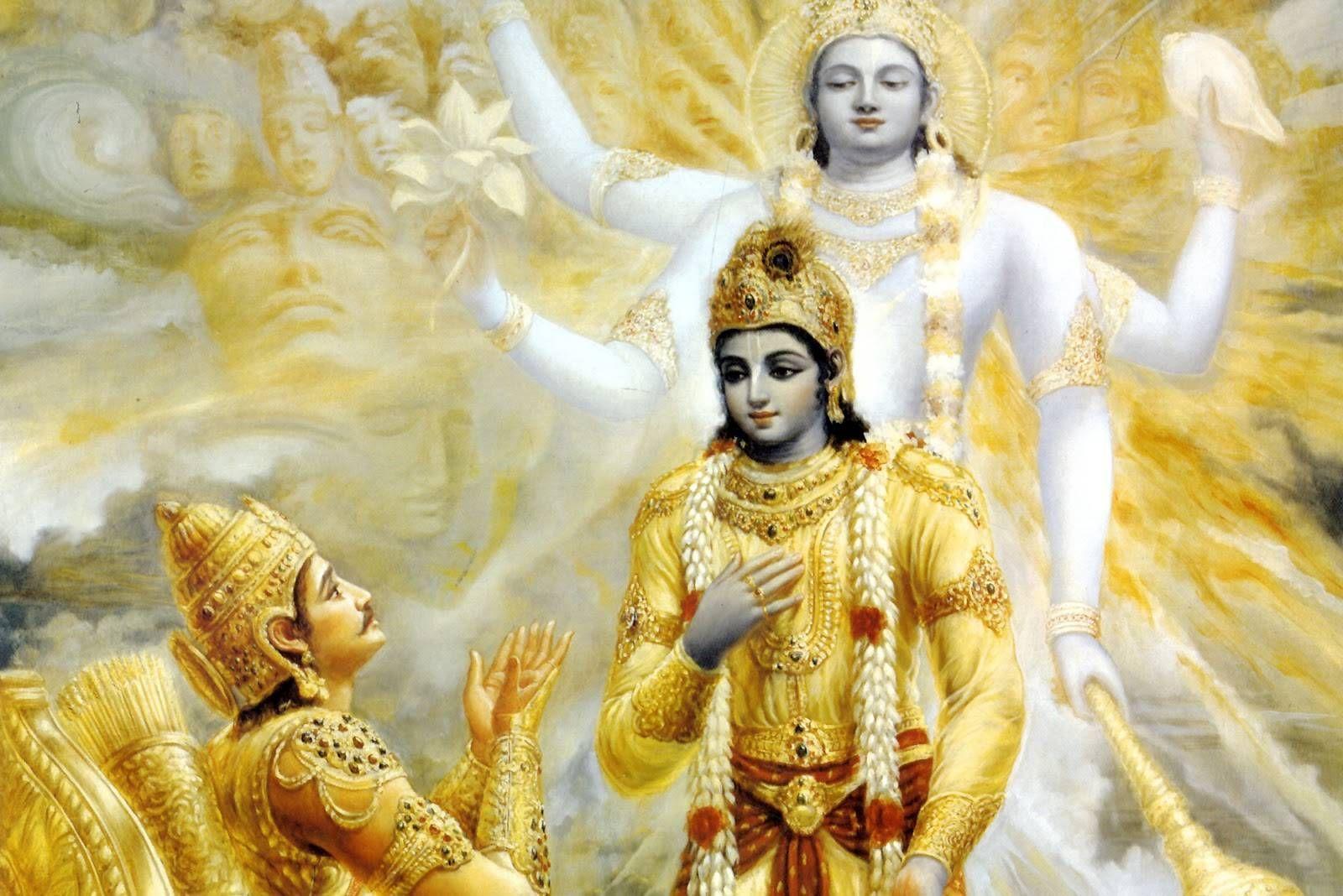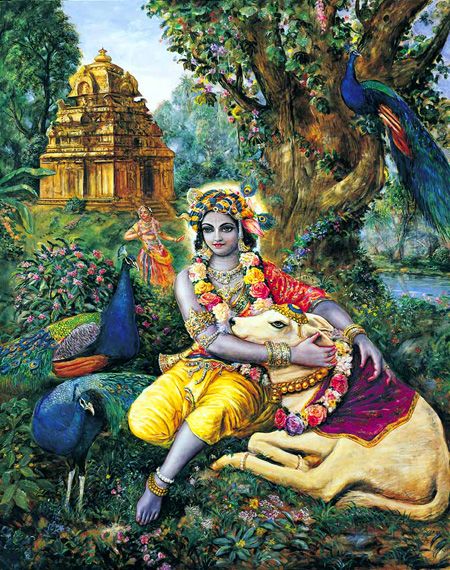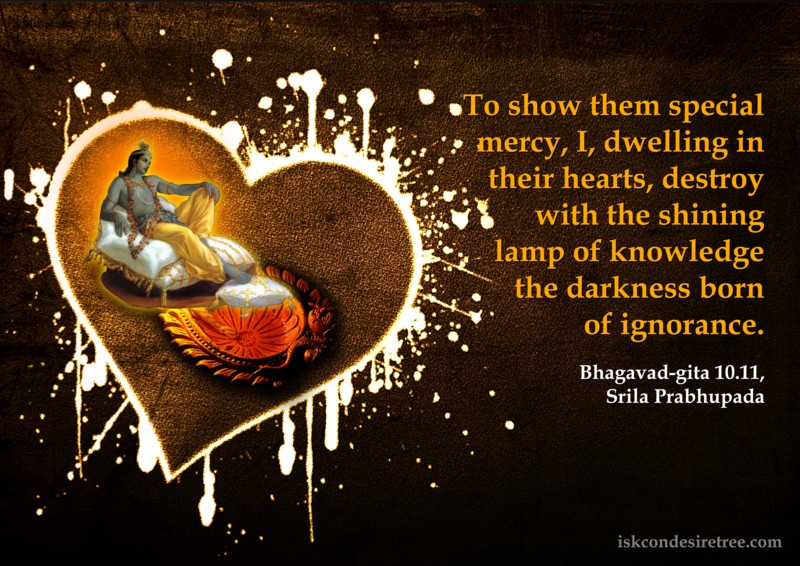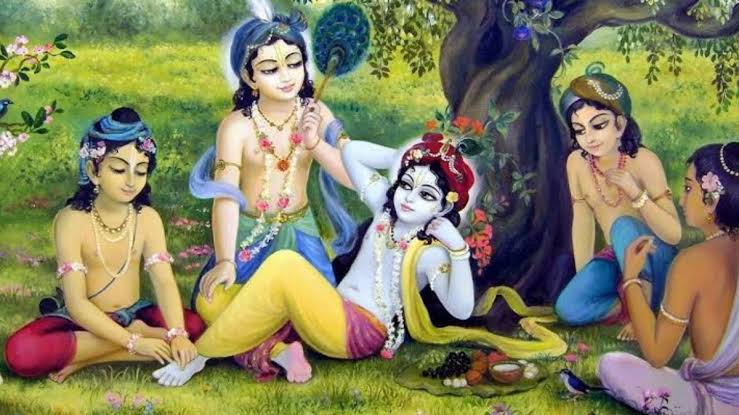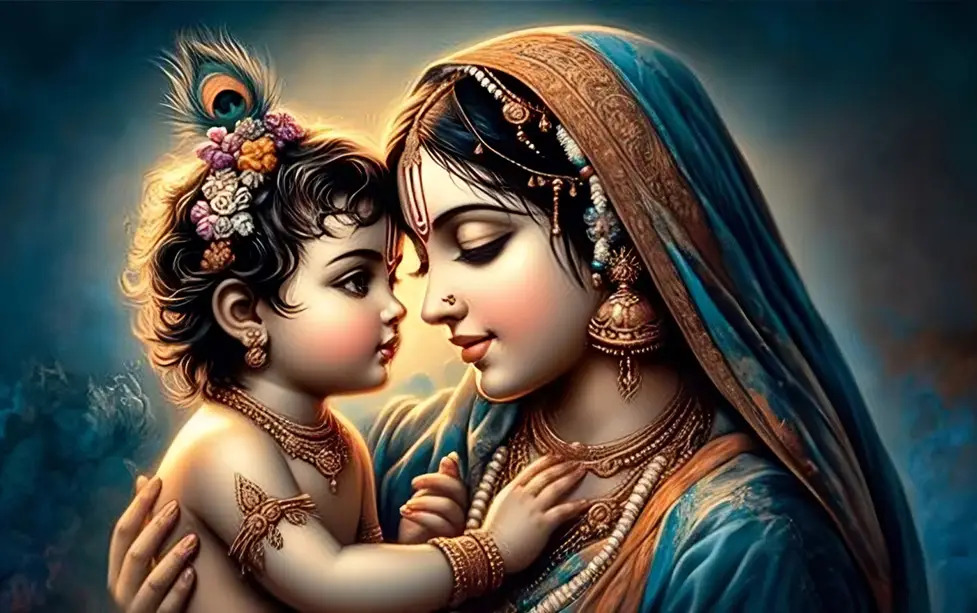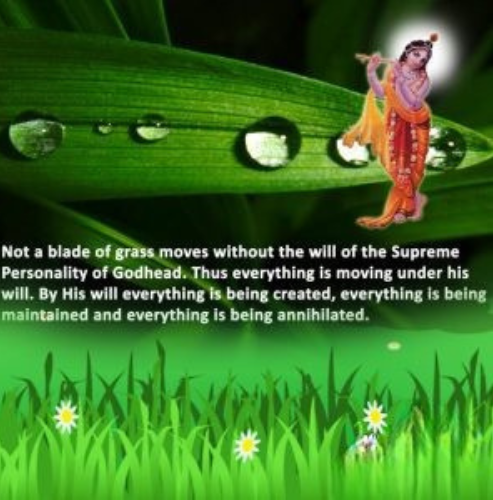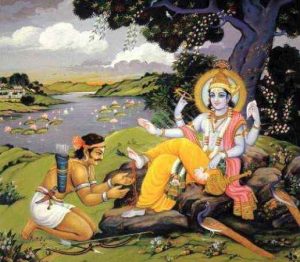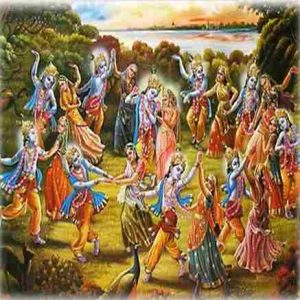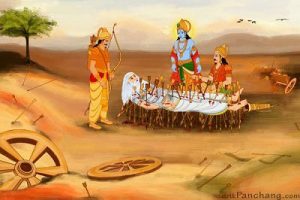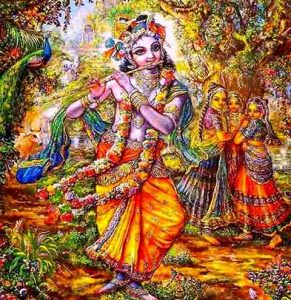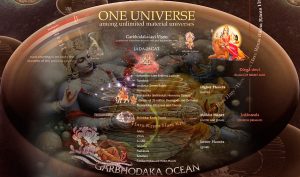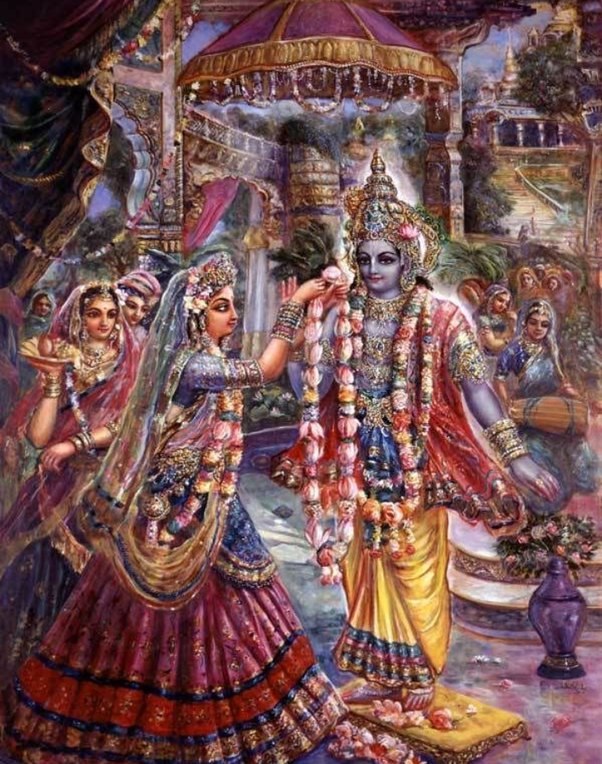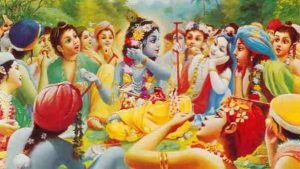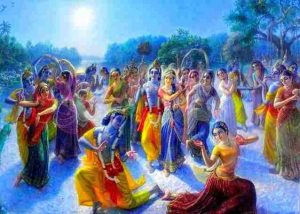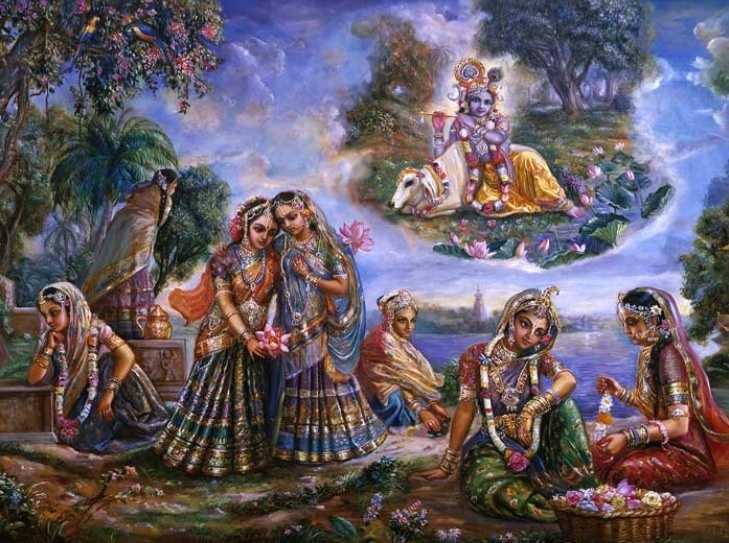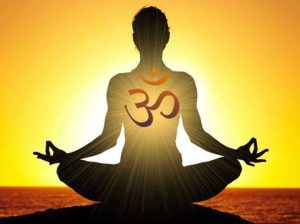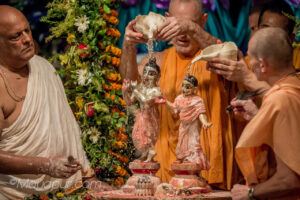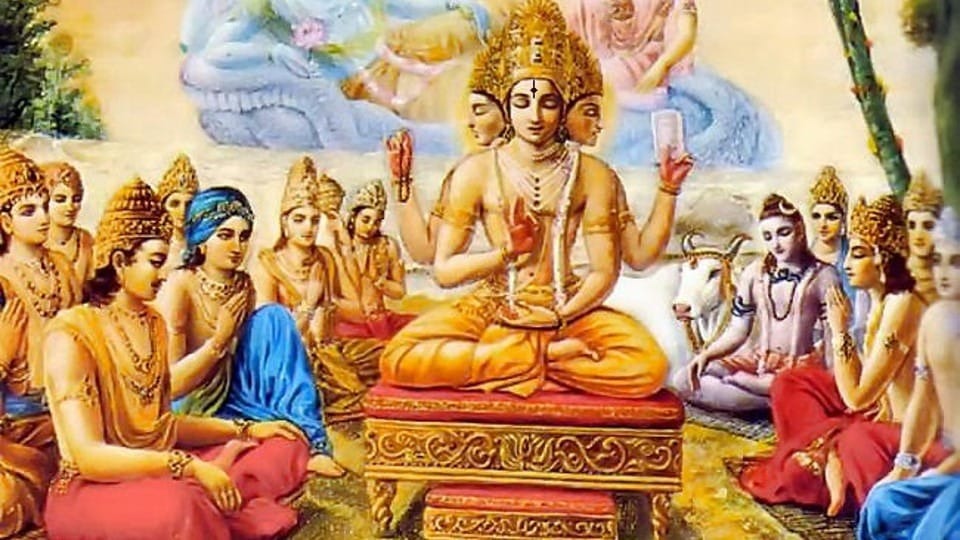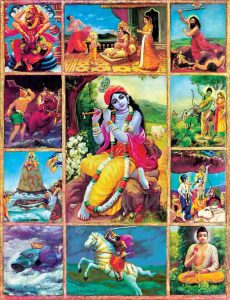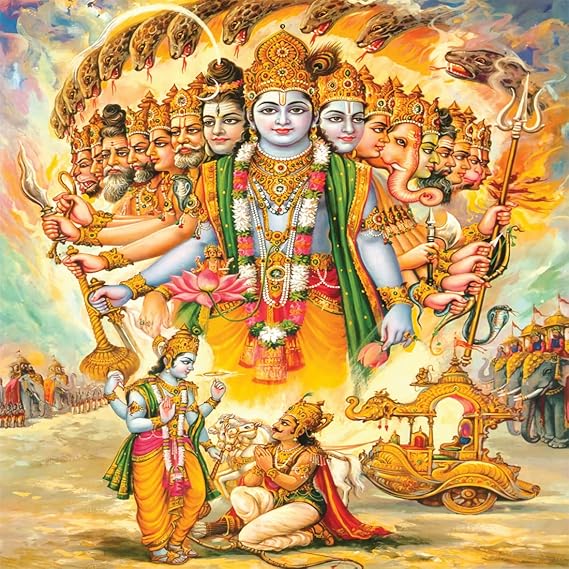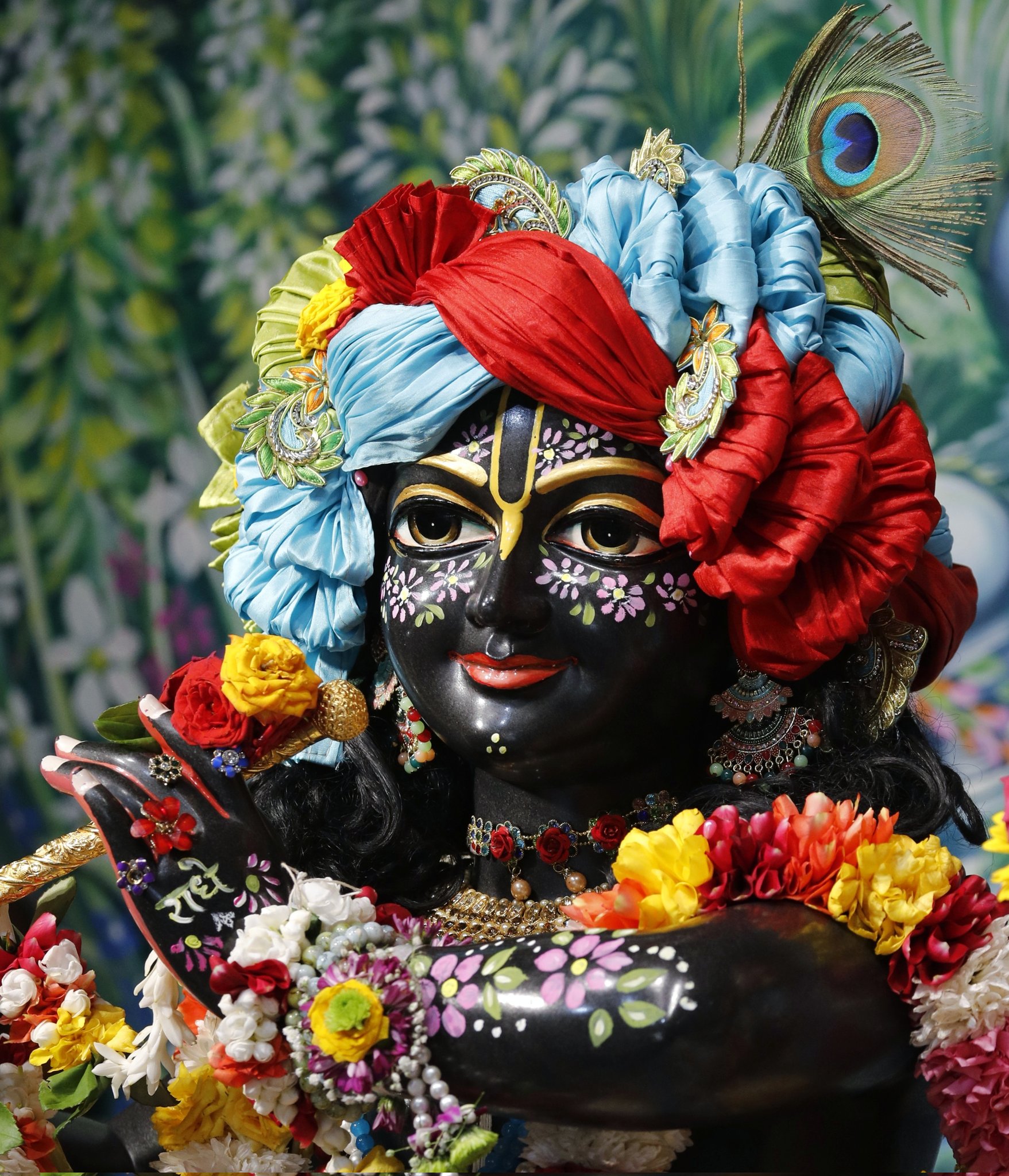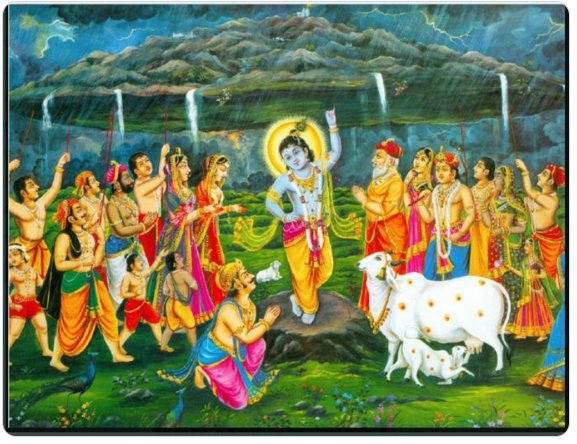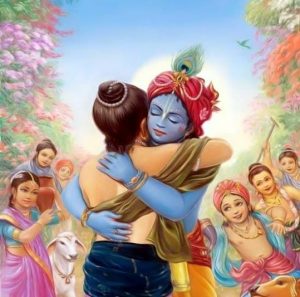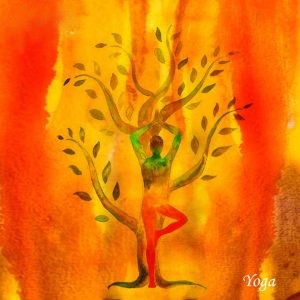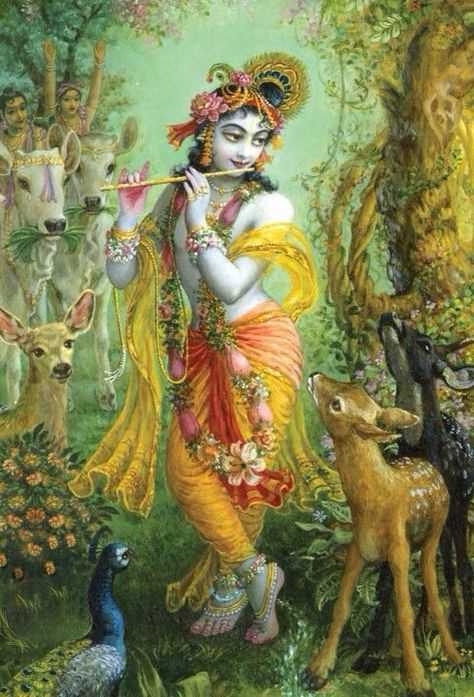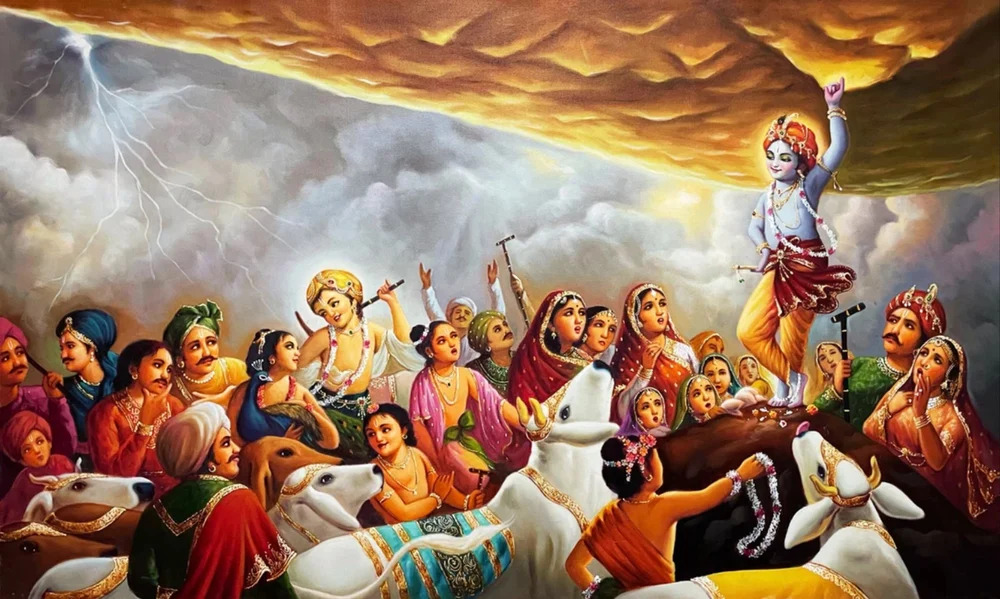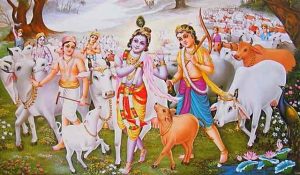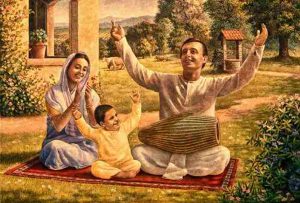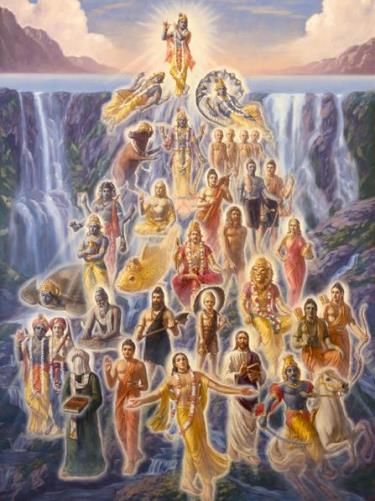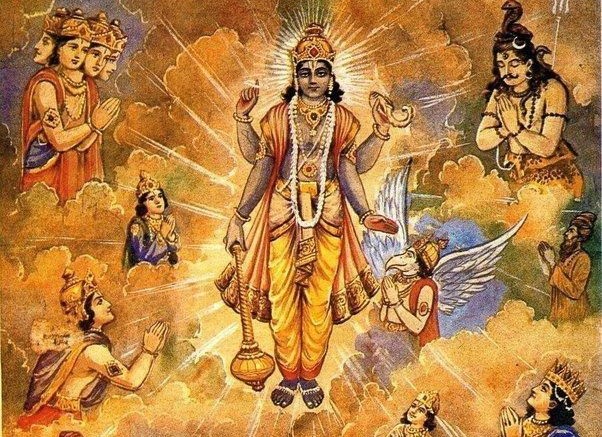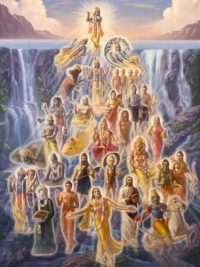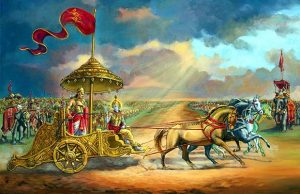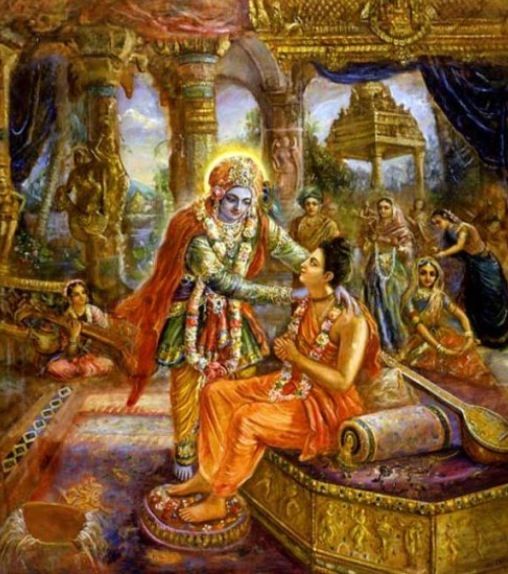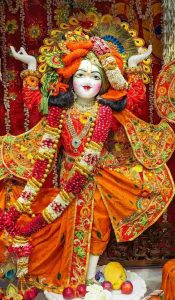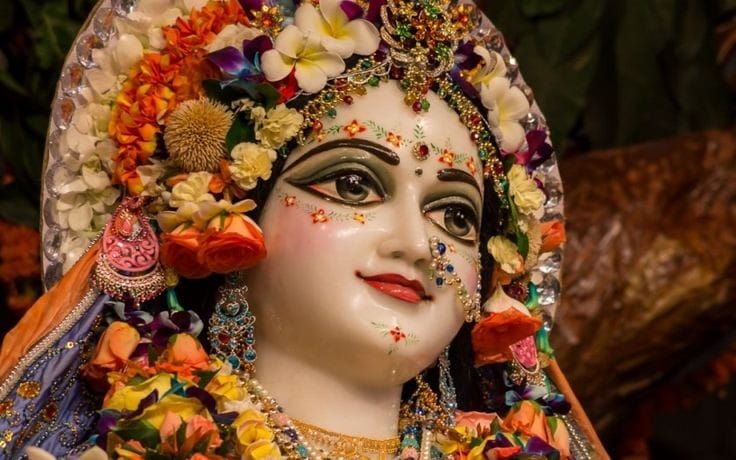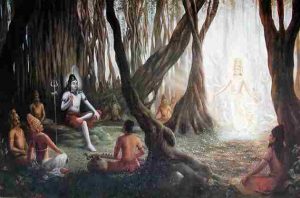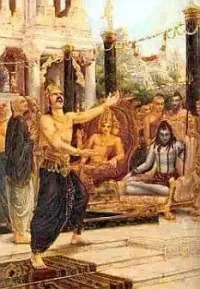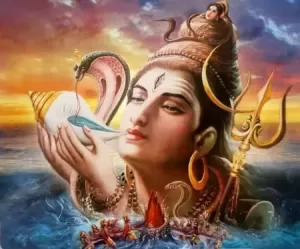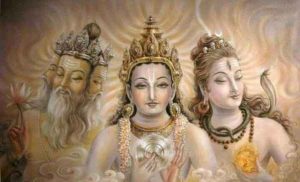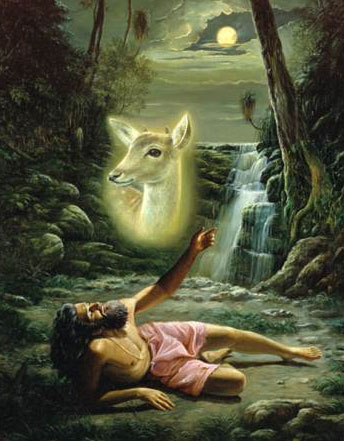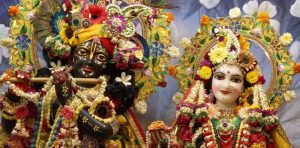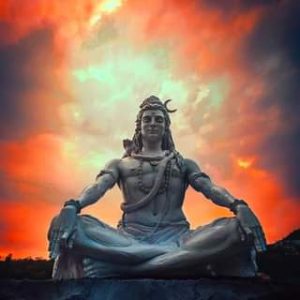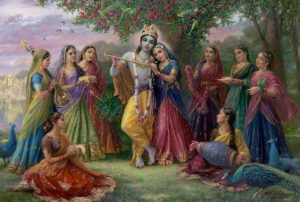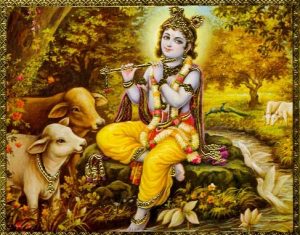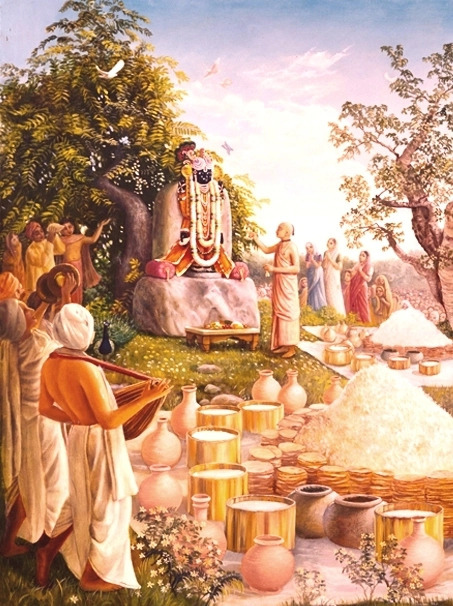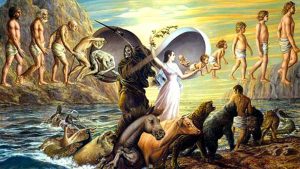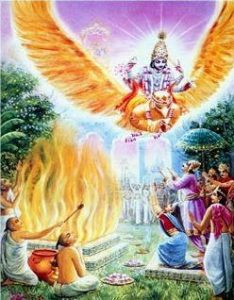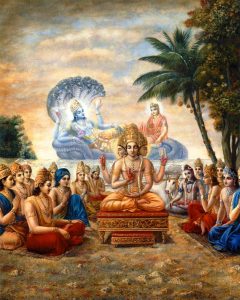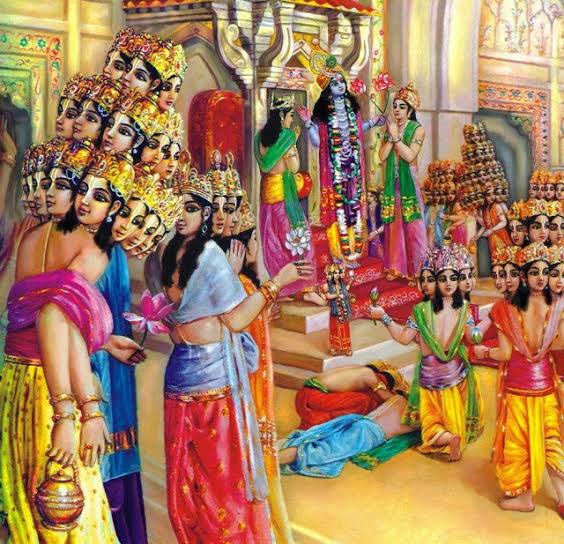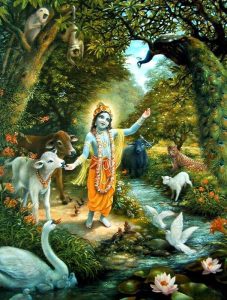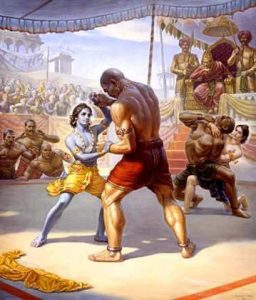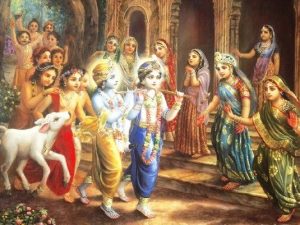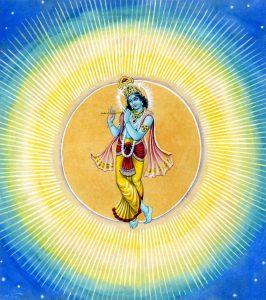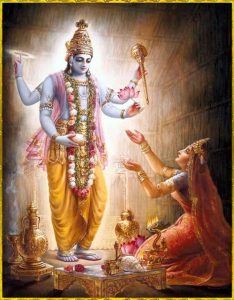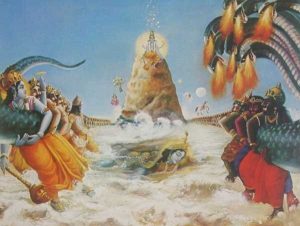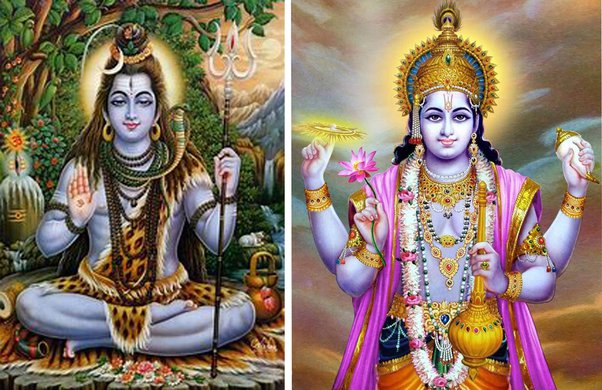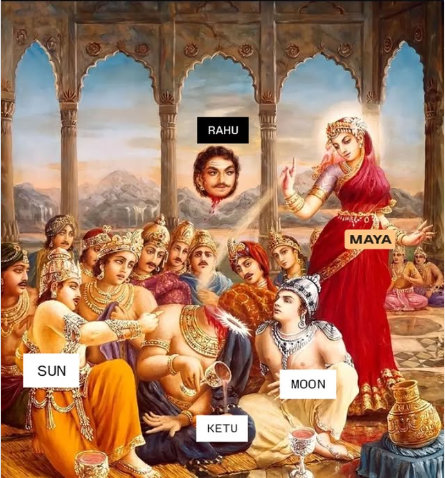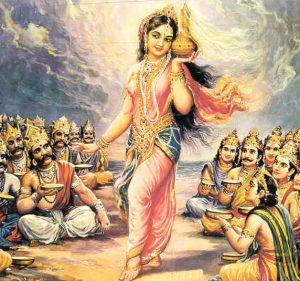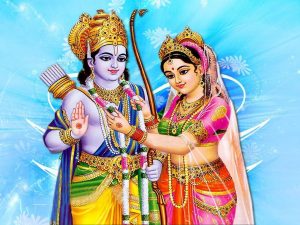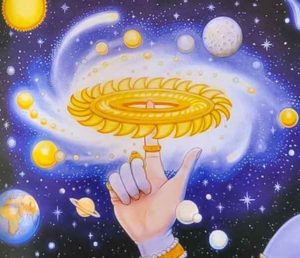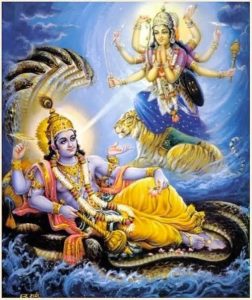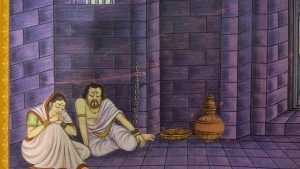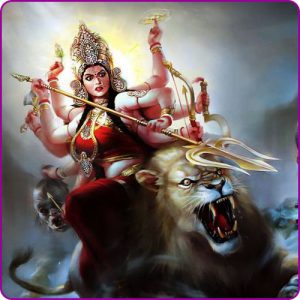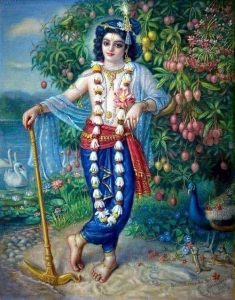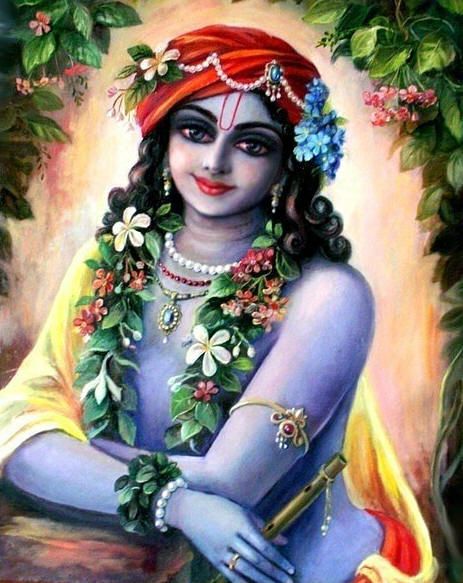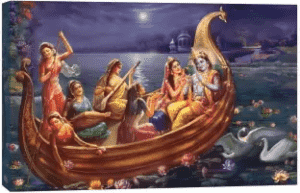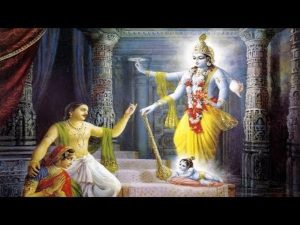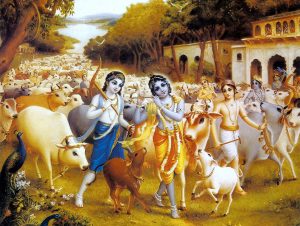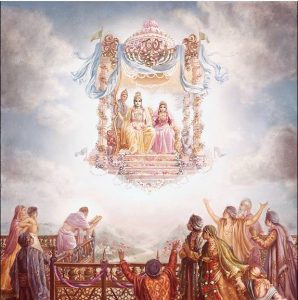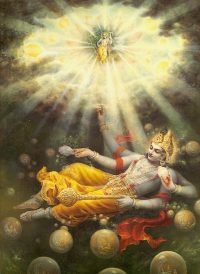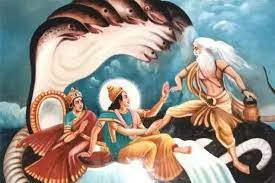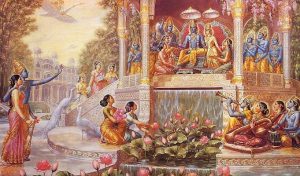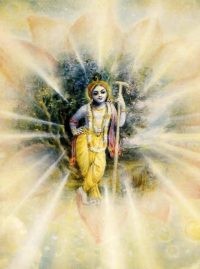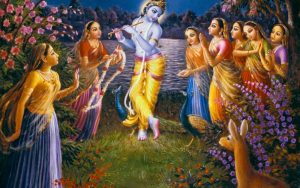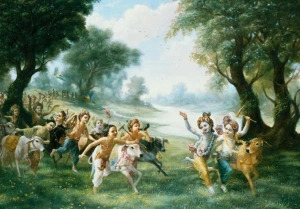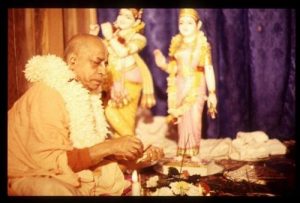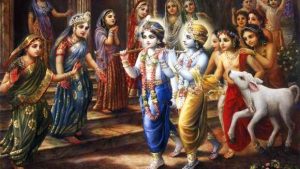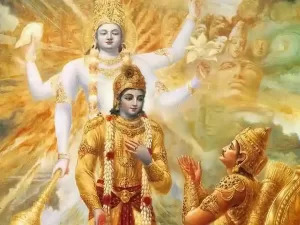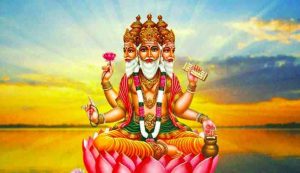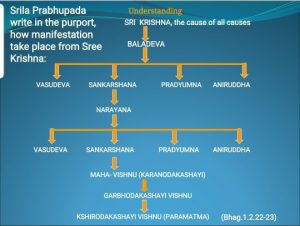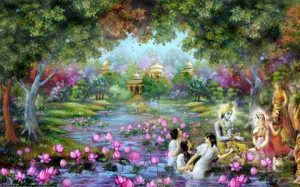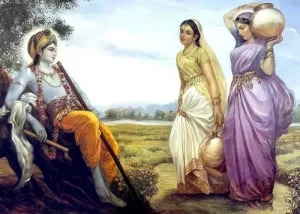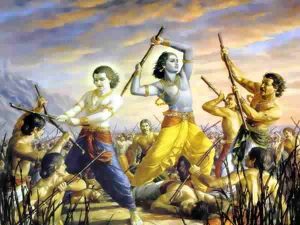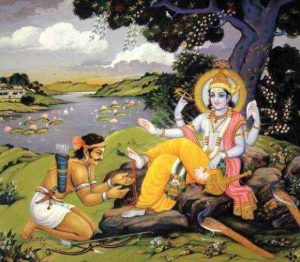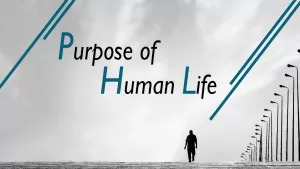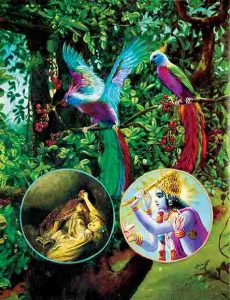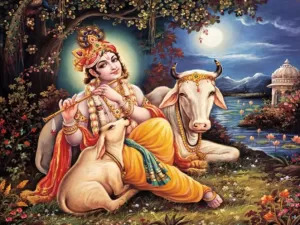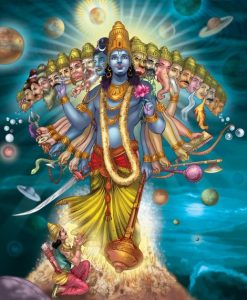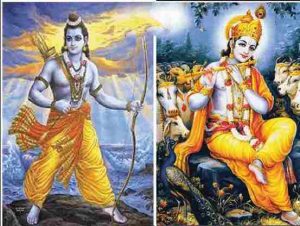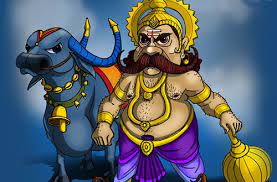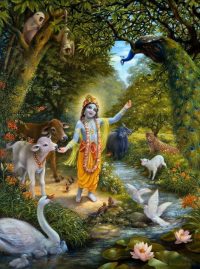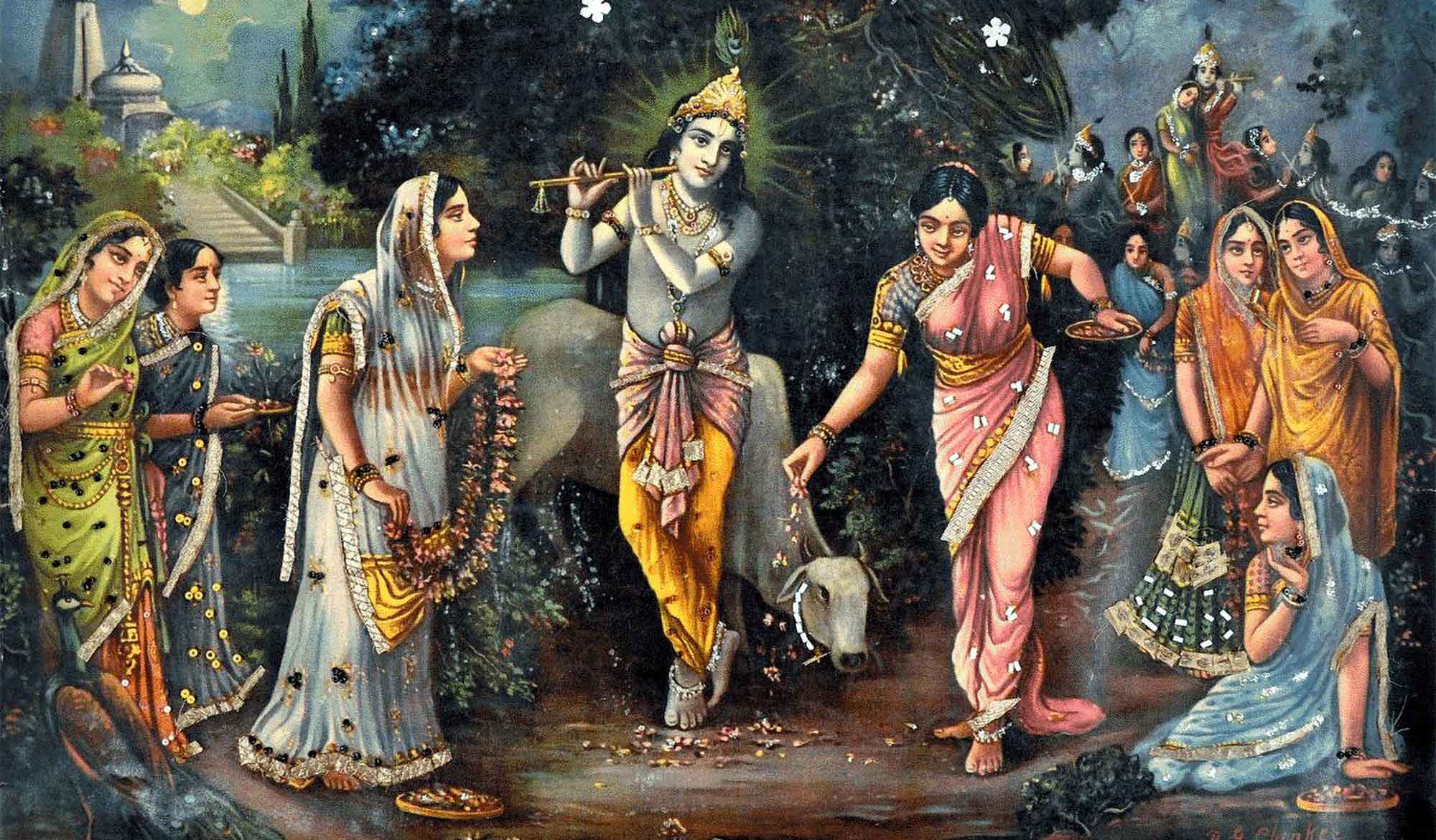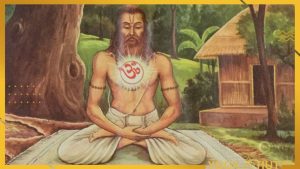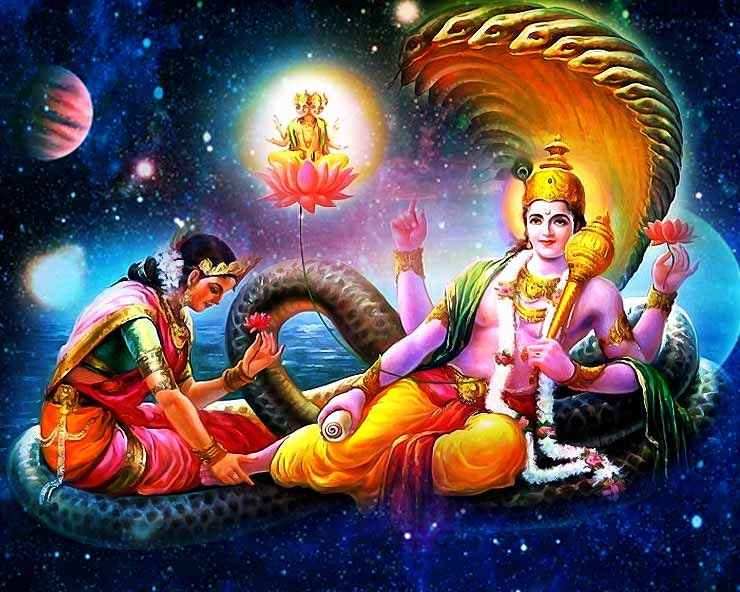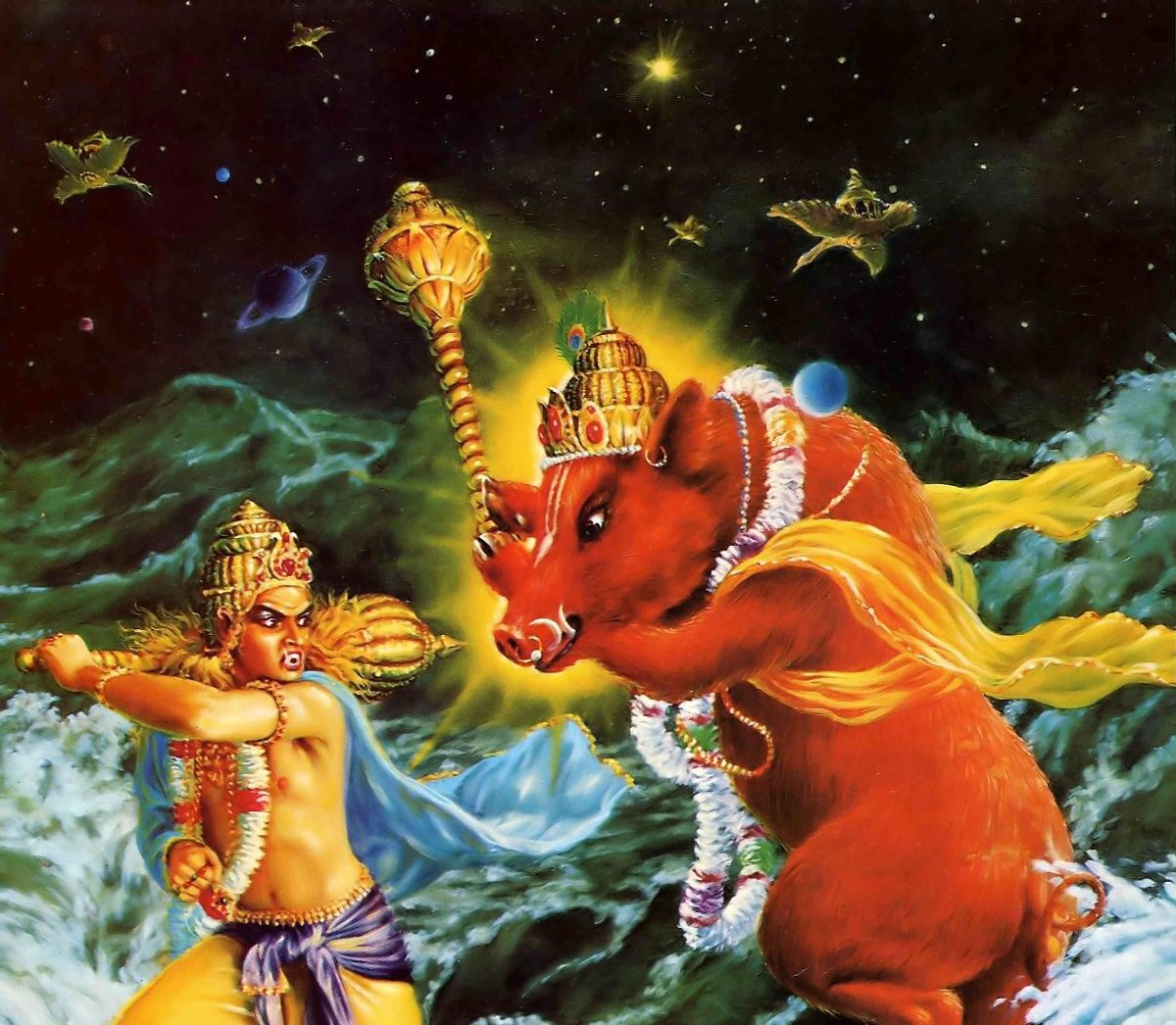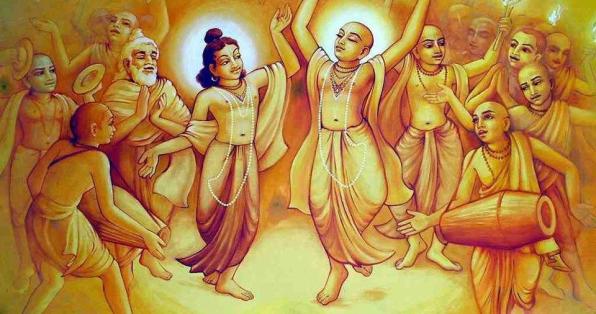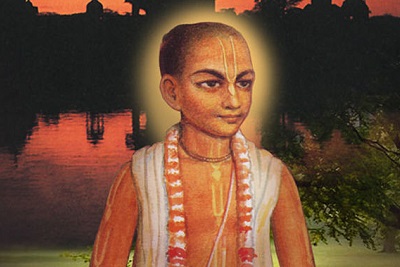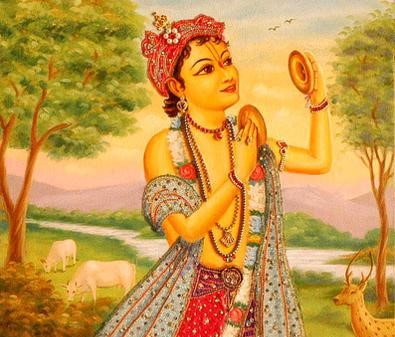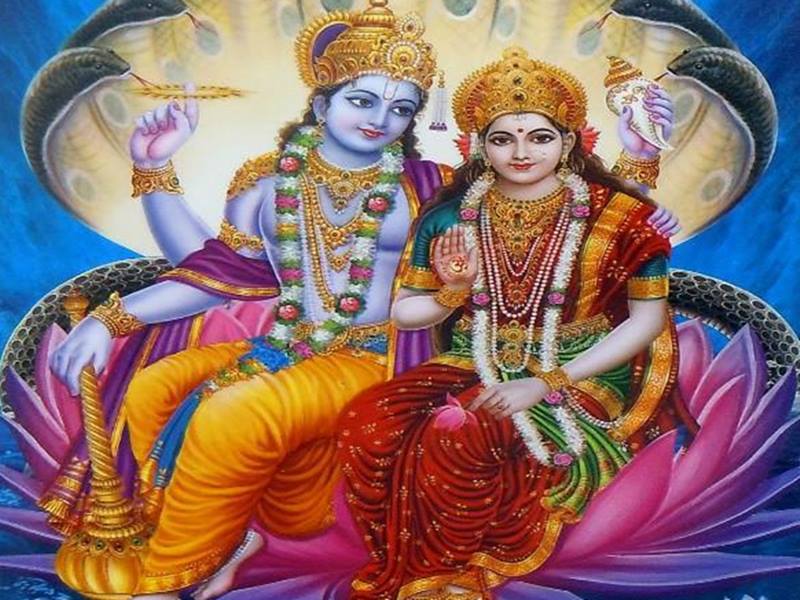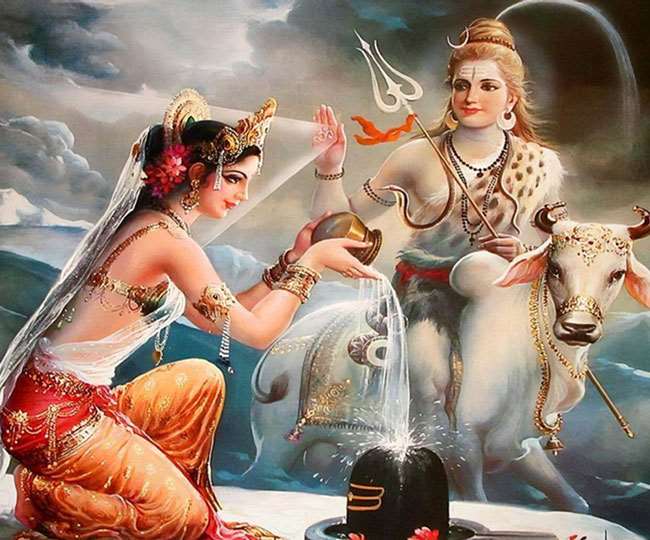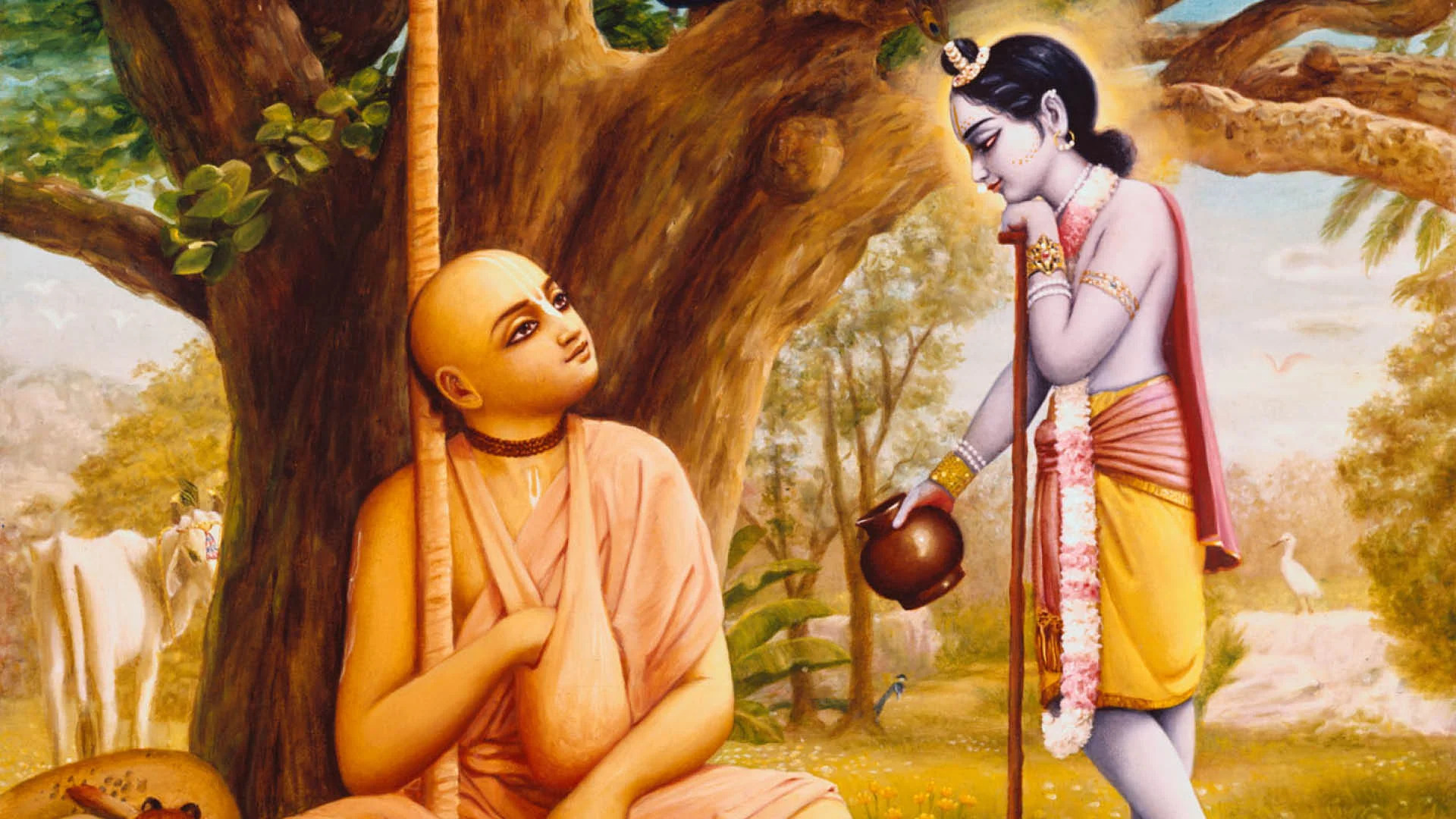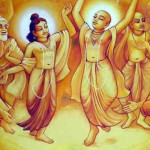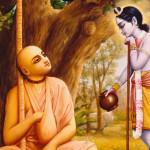Who can approach Lord Krishna?
Everyone can worship Krishna. There is no rule that only a certain class – brahmanas or sannyasis or brahmacaris or Hindus – can take part. No, Krishna is open to everyone. Mam hi partha vyapasritya ye pi syuh papa-yonayah (Bg. 9.32). Krishna is open even for a person born in a lower- grade family. One simply has to adopt the means to approach Him – namely, giving up sense enjoyment and practicing the purifying process of Krishna consciousness.
There is nothing in the words spoken by Sri Krishna to stipulate that these devotees will appear within the boundaries of a particular caste, creed, color, or country. Rather, they can and do appear everywhere, without any restriction of caste, creed, color, or country. So everyone, whatever and whoever he may be, is eligible to be a devotee of Sri Krishna. To confirm this fact, in Bhagavad-gita the Personality of Godhead says, “O son of Prtha, even those who are faithless and are of lower birth – including fallen women, or professional prostitutes, ignorant manual laborers, or merchants – all shall attain perfection and reach the kingdom of God if they take shelter of Me in devotional service.” In other words, the unscrupulous caste system now dominant in the society of the faithless is not a barrier to approaching Sri Krishna, the Absolute Personality of Godhead.
Sri Krishna, Himself has enumerated the basic principles of a caste system that is real and universal. The four social orders – the brahmanas (priests and intellectuals), the ksatriyas (administrators and soldiers), the vaisyas (merchants and farmers), and the sudras (laborers) – are set up by Him according to the qualities the members of those orders have acquired through their actions under the modes of nature. So although in one sense Krishna is the maker of this caste system all over the world, still, in another sense. He is not its maker. That is, He is not the maker of a tyrannical and unnatural caste system in which the faithless dictate one’s position according to one’s birth. Rather, He is the maker of a caste system that is applicable universally, is voluntary and natural, and is based on one’s qualities and abilities.
The system of four social orders was never meant to be a caste system by birthright. This system is universally applicable in terms of people’s mundane, practical qualifications and work. The classification of brahmana, ksatriya, vaisya, or sudra is never made with reference to one’s accidental birth, any more than someone can become a medical practitioner merely by birthright – simply because he happens to be the son of a noted doctor.
When we are conditioned, we give up our original constitutional position, which is described by Caitanya Mahaprabhu as being that of eternal service to Krishna (jivera svarupa haya-krsnera nitya-dasa’). But as soon as we employ ourselves in the service of the Lord, we are liberated immediately. There is no need to pass through some preliminary process. This very act of engaging one’s senses in the service of the Lord is evidence that one is liberated. This liberation is open for everyone (samam carantam). In Bhagavad-gita Krishna does not say to Arjuna, “Only you may come to Me and become liberated”. No, the Lord is available for everyone. When He says, sarva-dharman parityajya mam ekam saranam vraja – “Give up all other duties and surrender unto Me” – He is speaking not only to Arjuna but to everyone. Arjuna was the original target, but in fact, Bhagavad-gita was spoken for everyone, for all human beings, and therefore one must take advantage of it. Krishna’s impartiality is compared to that of the Sun. The sun does not consider, “Here is a poor man, here is a low-class man, and here is a hog. I shall not distribute my sunshine to them”. No, the sun is equal toward all, and one simply has to take advantage of it. The sunshine is available, but if we close our doors and want to keep ourselves in darkness, that is our decision. Similarly, Krishna is everywhere, Krishna is for everyone, and Krishna is ready to accept us as soon as we surrender, Samam carantam. There is no restriction. People may make a distinction between lower class and higher class, but Krishna says. mam hi Partha vyapasritya ye ‘pi syuh papa-yonayah (Bg.9.32): “Even though one may supposedly be of a lower class, that doesn’t matter. If he surrenders to Me he is also eligible to come back home, back to Godhead.”
Source: A.C. Bhaktivedanta Swami Prabhupada (2014 edition), “The Quest for Enlightenment”, Page 52
A.C. Bhaktivedanta Swami Prabhupada (2012 edition), “Message of Godhead”, Page 50
A.C. Bhaktivedanta Swami Prabhupada (2014 edition), “Teachings of Queen Kunti”, Page 80

